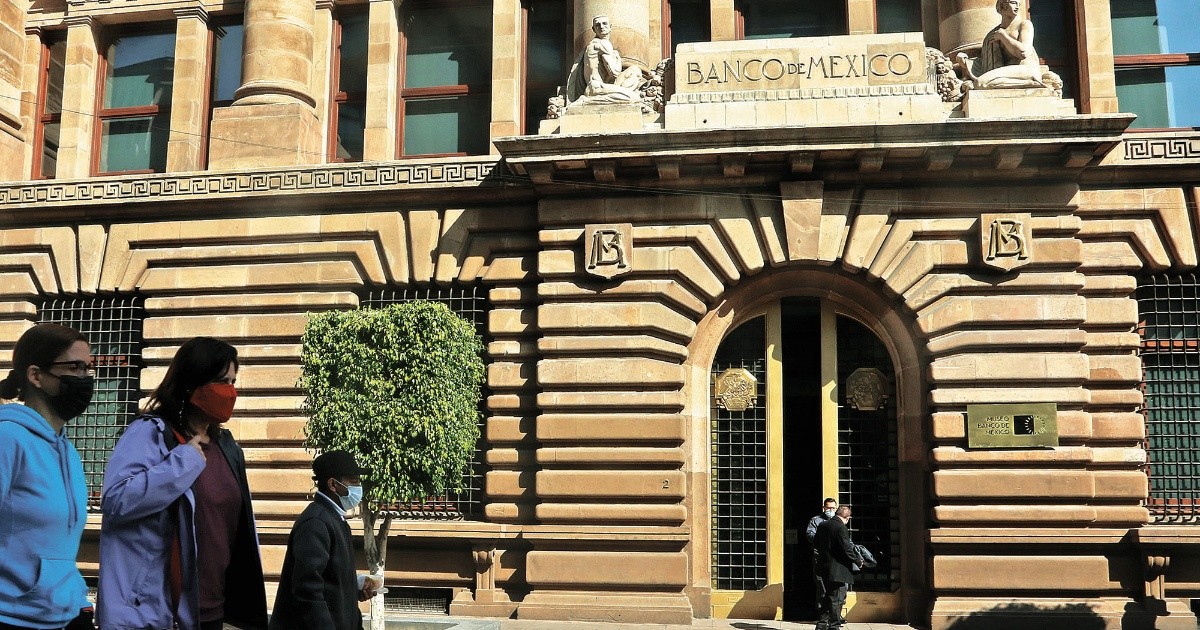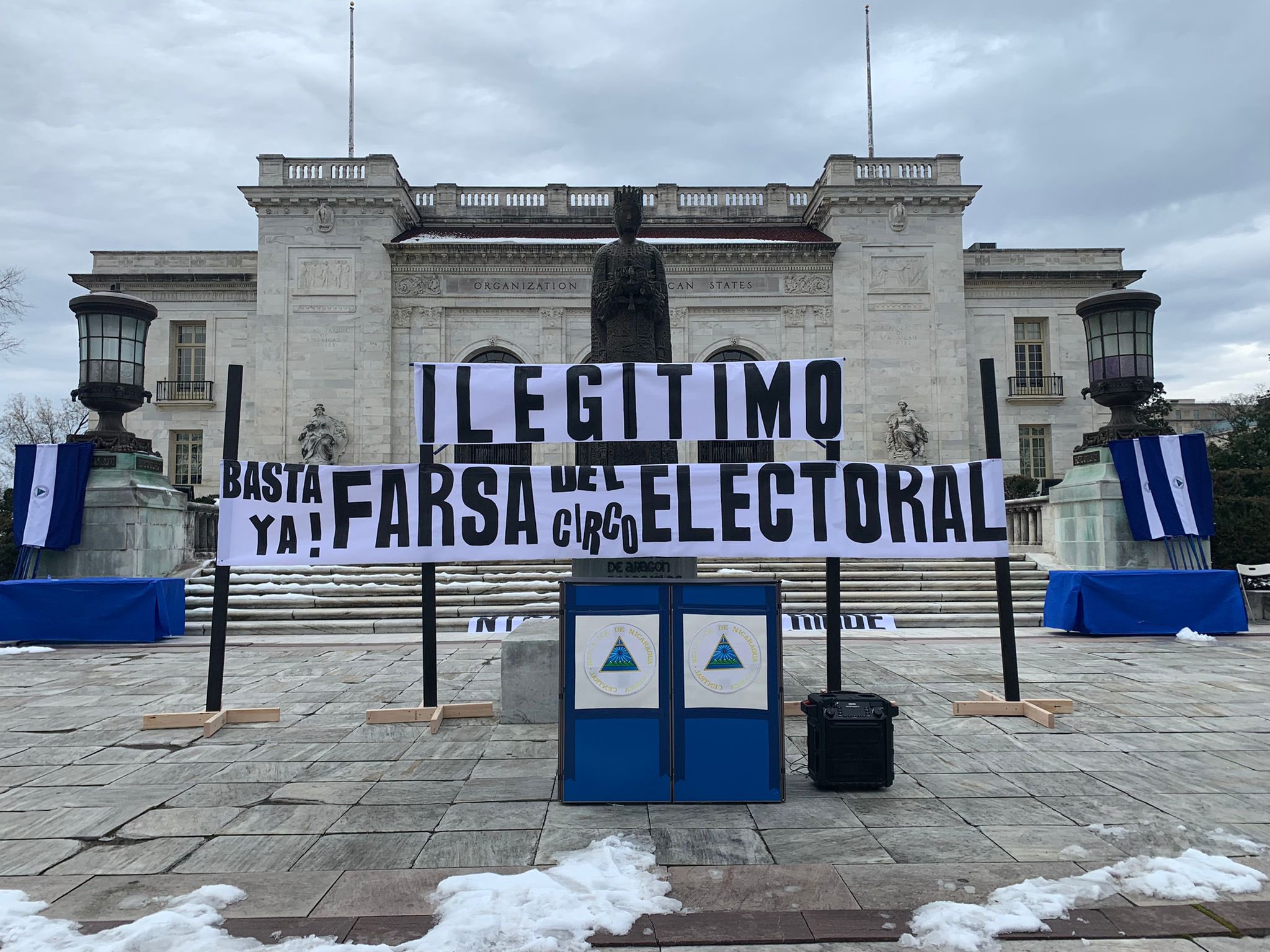Inflation is not a vampire. That is why there is no silver bullet to kill it. We have a well-functioning central bank, but raising interest rates is not enough to tame rising prices. Monetary policy is not enough because food and energy prices are rising all over the world. It comforts some that inflation is imported and global, but that doesn’t help much. Rather, it offers an idea of how complicated the solution will be, especially if we consider that not all inflation comes from outside. Mexico is a country where many markets do not work. We can talk about oligopolies and monopolies, but also about violence and price premiums related to payments to criminal groups.
The consumer price index registers an increase of 7.7% in the last twelve months. We have spent a year with inflation outside the target range of the Bank of Mexico, which is 3% plus minus one percent. It will not return to that range until 2024, recognizes the governor of Banxico, Victoria Rodríguez. The World Bank offers arguments that reinforce this view: high world energy and food prices will continue for two more years.
7.7% represents the highest inflation in Mexico in 21 years. Housewives are beginning to talk about prices in a way they haven’t since the last century. Many are wary of the official inflation number, in part because they face prices head-on when running errands. Tortillas have risen 20%. Vegetable oils experience a rise of more than 40%. Avocado has increased by more than 15%. Beef, 18%. Food inflation is around 13%, but consumer perception places it at 26.1%, according to the data science company dunnhumby, which produces Consumer Pulse.
Inflation is not a vampire but it scares us. Once it passes certain limits, it ceases to be an economic phenomenon and becomes a social problem. In a political matter. We have reached that point. AMLO is aware that it could cost him popularity and, eventually, complicate his ability to maneuver, to win elections, but also to govern. Inflation affects the most vulnerable groups, located at the lowest levels of income. In addition, it increases the vulnerability of the middle classes, who resent the impossibility of accessing some goods and services; those who were part of their normality and gave them status. That happens in Mexico and in the world. The inflationary shock occurs at a time when the economic recovery from the crisis caused by covid had not been completed. It’s two hits in one. There is an exceptionally high risk of social unrest in Latin America, warns the IMF.
The president and his cabinet have been negotiating for days with some of the main businessmen and leaders of business organizations an agreement to contain the rise in prices. At any moment they will announce something that we hope will be more significant than the investment agreements. It has emerged that the government’s objective is to stop price increases in 25 basic consumer products. The leaks are poor in the most relevant details: is there a price control scheme or is it a negotiation/government requirement for businessmen to moderate their profits? What will happen to wages? Would CFE and Pemex participate in the pact? How will the impact be resolved for the producers of key inputs that have skyrocketed in international markets, such as corn, wheat, oils…fertilizers?
Inflation is not a hallucinogen, but it can alter the perception of reality and cause remedies that are as harmful as the disease. There are those who think that it can be successfully combated through general price controls. They forget the problems that this type of “solution” produced in Mexico in the seventies: black markets and famine. Inflation is not a vampire.
General Editorial Director of El Economista
Safe
Degree in Economics from the University of Guadalajara. He studied the Master of Journalism in El País, at the Autonomous University of Madrid in 1994, and a specialization in economic journalism at Columbia University in New York. He has been a reporter, business editor and editorial director of the Guadalajara newspaper PÚBLICO, and has worked for the newspapers Siglo 21 and Milenio.
He has specialized in economic journalism and investigative journalism, and has carried out professional stays at Cinco Días in Madrid and San Antonio Express News, in San Antonio, Texas.








